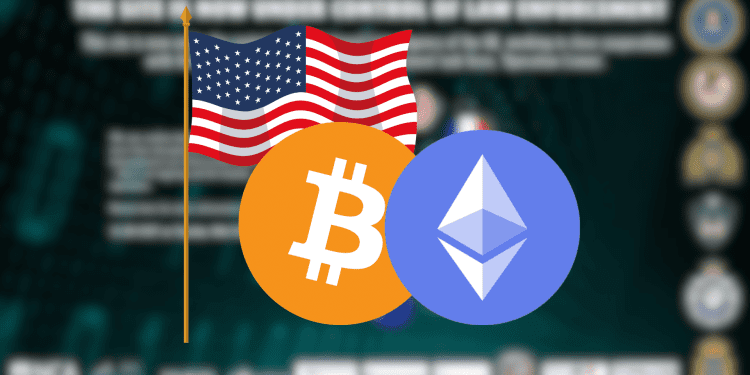- The U.S. Treasury Department sanctioned crypto addresses tied to the LockBit ransomware group, which has extorted over $100 million from victims globally. The sanctions aim to cut off the group’s access to the financial system.
- LockBit emerged in 2019 and has become one of the most prolific ransomware operations, breaching over 2000 organizations’ networks and demanding bitcoin payments. The sanctions sever LockBit’s connection to legal crypto exchanges.
- The sanctions signal regulators are taking ransomware more seriously by targeting cryptocurrency to curb criminal behavior. However, blacklisting addresses could also stifle crypto innovation, so balancing these factors will shape the regulatory environment.
The United States Department of Treasury has taken action against the notorious LockBit ransomware group. This cybercriminal organization has extorted over $100 million from victims across the world. By sanctioning crypto addresses associated with LockBit, the government aims to cut off the group’s access to the financial system.
How LockBit Operated and Why They Were Sanctioned
LockBit first emerged in September 2019 and has grown to become one of most prolific and destructive ransomware operations. The group is known for breaching company networks, encrypting files, and demanding large bitcoin payments in exchange for decryption keys. Over 2000 organizations have been victimized.
To put an end to LockBit’s activities, the Treasury Department’s Office of Foreign Assets Control (OFAC) sanctioned a lengthy list of crypto addresses tied to the group. Any individual or business interacting with these addresses risks facing civil or criminal penalties. The sanctions sever LockBit’s connection to legal crypto exchanges.
What This Means for the Crypto Industry
The sanctions on LockBit signal that regulators are taking the threat of ransomware more seriously. Illicit crypto transactions have enabled these cyberattacks, so regulators are targeting cryptocurrency to curb this criminal behavior. However, the sanctions could be a double-edged sword.
On one hand, limiting cybercriminals’ access to crypto is beneficial. But on the other, restricting addresses sets a precedent of blacklisting that some argue stifles cryptocurrency innovation. How regulators balance these factors will continue shaping crypto’s regulatory environment.
CoinDesk’s Commitment to Quality Journalism
As a leading crypto media outlet, CoinDesk takes accuracy and integrity seriously. We were recently acquired by Bullish, a regulated crypto exchange, but continue operating independently. An editorial committee is being formed to uphold strict editorial standards, so readers can trust CoinDesk for unbiased crypto news and insights.














